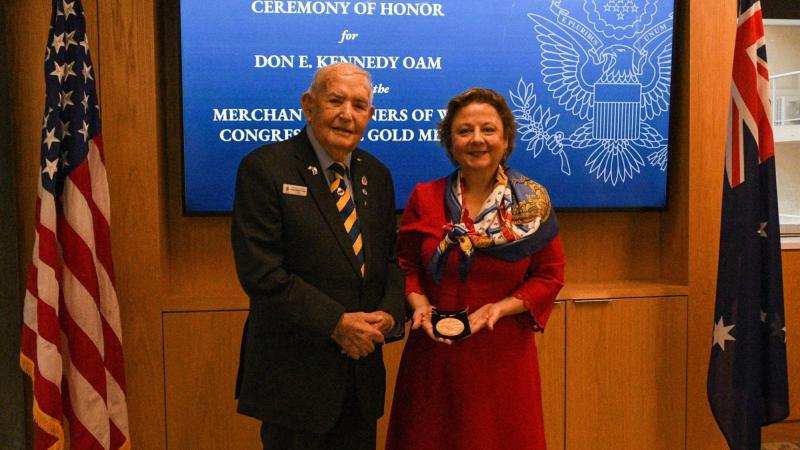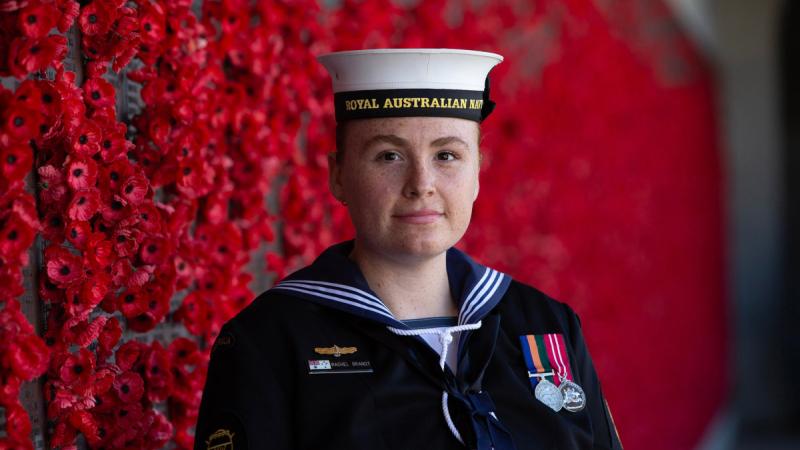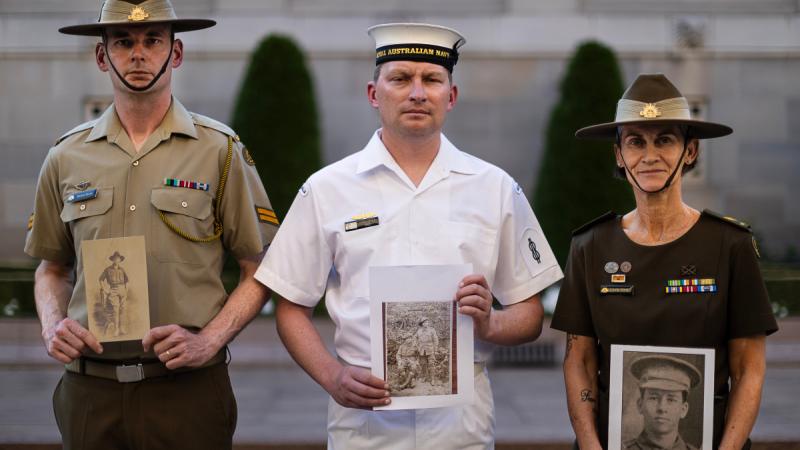Fiji’s Mere Roden has become one of the most recognisable and successful athletes in the Pacific. A Rio 2016 Paralympian and multiple Pacific Games gold medallist, the 51-year-old has enjoyed a rapid rise through the ranks of table tennis since discovering the sport through an Australian Government-funded program.
Roden was introduced to para table tennis in Fiji in 2014 through the Smash Down Barriers program, which is run by the International Table Tennis Federation – Oceania in partnership with the Fiji Table Tennis Association, and funded by the Australian Government through the Pacific Sports Partnerships.
In 2015 she became the first Fijian player to participate in an international para table tennis tournament, and the following year she competed at the Rio 2016 Paralympic Games (Fiji’s first para table tennis player to do so). As she continues to collect top honours on the court, off it she has become an advocate for para sport in the Pacific, and was recently elected the Oceania Paralympic Committee athlete representative.

“Anything is possible,” reflects Roden. “I came into table tennis through Smash Down Barriers and, when I took the first step of going overseas and beat Australia’s number one Rosalie Turnbull in 2015, I sort of became a public figure,” she explains.
“I was over 40, going on 50 when I started table tennis and within that short period of time from late 2014 to 2016 I was at the Paralympics. It’s just up to the individual. If you’re committed, then it pays off.”
Smash Down Barriers, an inclusive grassroots table tennis program that creates opportunities for people with a disability to participate in table tennis, and works to change community perceptions of disability, has also been instrumental in building the ranks of para table tennis in the Pacific. An estimated 85 per cent of players in the region discovered the sport through the program, and many, like Roden, have gone on to represent their country.
Fresh from gold medal success at the Samoa 2019 Pacific Games, where she defended her title in the women’s seated singles event against fellow Fijian Akanisi Latu, Roden’s next goal is to get more women in wheelchairs to take up the sport.
While the total number of para table tennis players at Samoa 2019 is around three times that of the previous Pacific Games, the number of players in the women’s seated event, that Roden contests, has not increased.
The Paralympian would like to see more women in wheelchairs across the Pacific benefit from the same opportunities that para table tennis has given her, while also desiring an increase in the number of competitors to strengthen the sport in the region.
“It has been a mission for me at the Pacific Games, talking to other countries and asking if there’s a possibility of them getting female wheelchair users to be parts of these events in future,” Roden reveals..
“As the saying goes, ‘you have to be the change you want to see’. So if I want to see a lot of women in wheelchairs playing table tennis, I’ve got to be the one participating and at the same time advocating, talking to people about getting more women in wheelchairs in to participate.
“I’ve spoken to a lot of para individuals who say they would really love to be doing this because you get to meet a lot of people, travel, we are seen in the papers and on TV, they want to be that too.
I always say that it’s just up to them, they can be that too if they commit to it. They just have to take the first step, come in and try it out.”
At the age of 51, Roden is defying community expectations in Fiji about the demographic of international sportswomen. And although age is proving no barrier to her performances, she wants to see younger people follow her example, and that of her 61-year-old teammate, Latu.
“Sometimes we feel like we’re on our own, because we are in these (wheelchairs) and people have a different perspective towards us. But we are not doing this for ourselves, we are doing this for the others who are coming behind us, the younger ones.
“The only reason I’m holding onto this sport is that I love it, but at the same time I know that I’m getting older and I’m doing it because I’m thinking of other women with disabilities. It’s always in my heart that one day I will see maybe five women in wheelchairs playing table tennis at the Pacific Games.”







